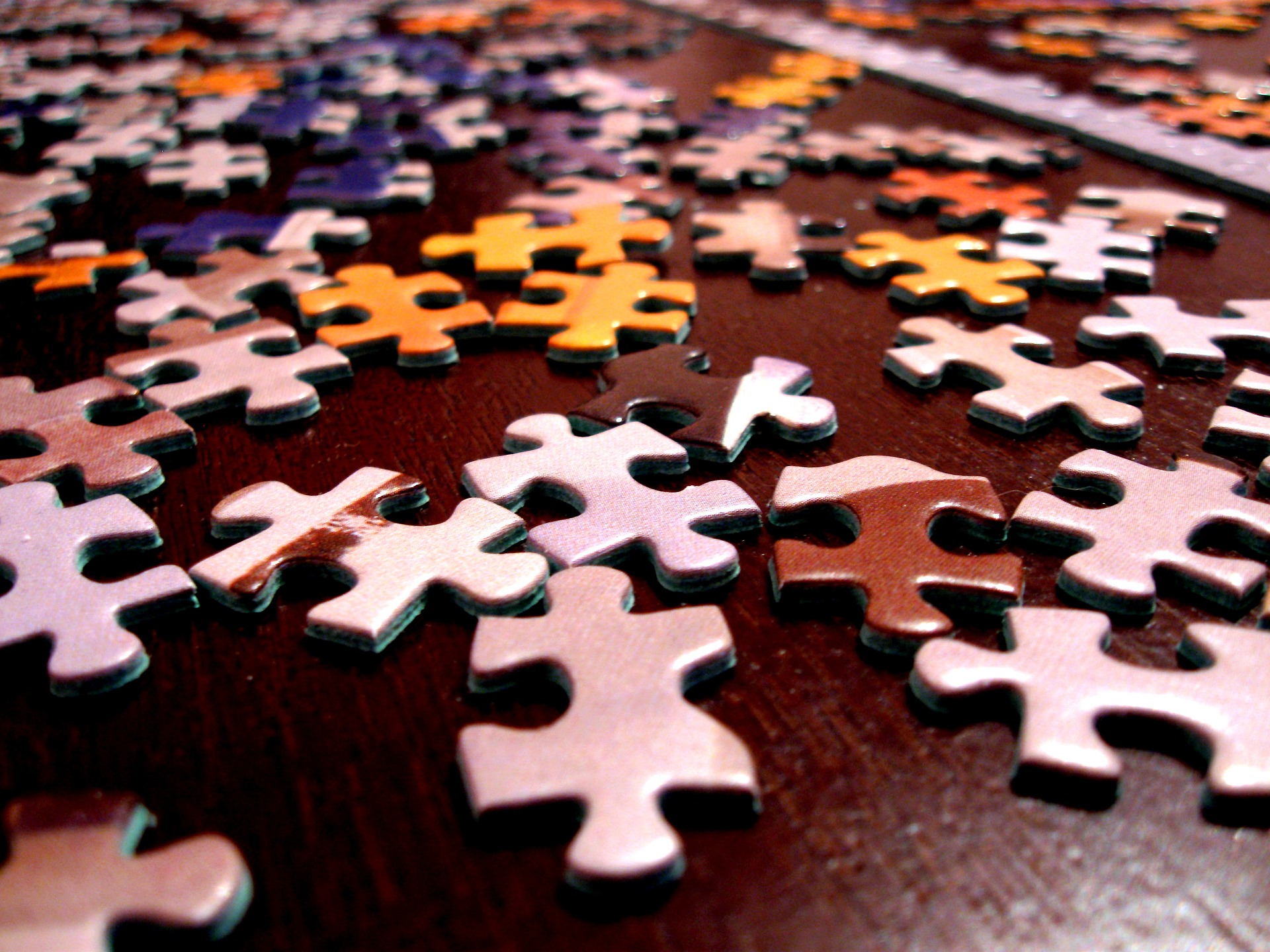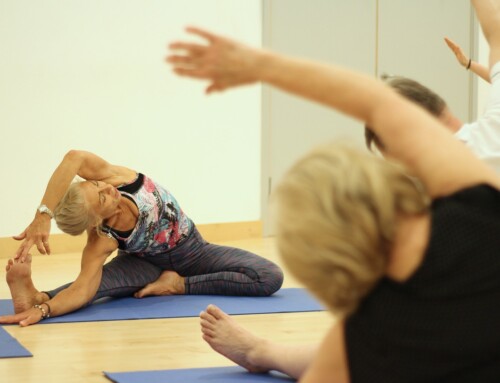One of the biggest fears that people have about aging is losing their memory. Being unable to remember specifics about loved ones or struggling with once easy tasks can be challenging for seniors and everyone who loves them. Therefore, finding ways to avoid memory issues for as long as possible is essential. While we don’t know how to prevent memory loss completely, some activities seem to help slow the process. Because many seniors live alone or feel isolated, their families or friends may have to assist with some of these fun brain activities. Those who live in adult living residences or assisted living can enlist their friends and fellow residents to encourage relationships.
10 Brain Activities to Stay Sharp
- Games and puzzles: Games and puzzles are an excellent way to stimulate cognitive activity and maintain analytical and reasoning skills. Experimenting with all different types of puzzles is the best strategy. Try jigsaw, logic, and crossword puzzles to keep your brain sharp. Establish a blend of numbers, words, and manual dexterity. When choosing games, start with the ones you played when you were young – such as simple card games or popular board games. Make the game a social opportunity to encourage engagement with friends or family members to maximize mental health stimulation.
- Engage the senses: Memory is most often associated with smell and touch, so daily stimulation through new experiences is a great strategy. You might want to smell essential oils, play music from a playlist, get a soft blanket or taste something new. Sensory activities heighten awareness and stimulate your memory as well.
- Memorize lists: Make a small list – your favorite songs, the groceries you need, or the flowers you would like to grow in your window. Read the list several times, then sit down and try to remember everything on your list. Write down what you remember and compare it to your original list. Once you can remember short lists of three or four items, add a few more things to them.
- Take up cooking: Cooking involves reading comprehension, math skills and measuring, physicality when chopping and mixing, and sensory skills regarding smell and taste. Try to recall a favorite recipe from memory or be adventurous and learn something new. If you live in residence without private kitchens, ask the administration about starting cooking classes or having special activities involving other interested residents.
- Learn something challenging: Learning a foreign language or picking up a new instrument stimulates rarely used areas of the brain and can minimize the risk of losing cognitive ability. If you have a friend who speaks another language or plays an instrument, enlist their help. If not, there are plenty of online opportunities.
- Tune-up the motor (skills): Now is a great time to discover a new pastime that requires improved hand-to-eye coordination. Painting, crocheting, art projects, or handwriting notes are all options. Introducing new physical skills is an excellent way to keep the brain sharp and active.
- Utilize technology: While older adults sometimes resist learning about all the new gadgets and technology tools, some apps and technologies sharpen the brain while providing fun or stimulating activities. Lumosity, Elevate, and Fit Brains are popular for brain games. If you are a senior who wants to try something new, ask your family or residence administration for help.
- Keep reading: Reading is one of the best ways to keep your brain fit, and you should try to read something every day. You don’t have to read an entire novel – pick up a daily motivational book, read poems, or even revisit old letters or journals. These days, you can find articles on nearly every subject online.
- Play name that tune: This game is a lot of fun with friends, and if you live in assisted living, it is sure to be a hit with the residents. Play a snippet of a song from different eras of your lives, and have everyone guess which song it is, sing the following line of lyrics, or even tell a story about a memory they have tied to that song. Make it a competitive event with points, and let the games begin.
- Write it down: We’ve discussed that manual dexterity can help with memory loss, but a journal can also evoke memories and encourage creativity. Writing down favorite memories can help you- and your family will treasure the diary for years to come. Try writing personal letters to each member of your family. If you are more practical than nostalgic, write down your daily tasks or medication schedule.
Nothing is “standard” about memory loss, and every individual will experience it differently. Trying new things is a great way to keep your brain as sharp as possible. A Banyan Residence operates professional assisted living and memory care residences in The Villages.








